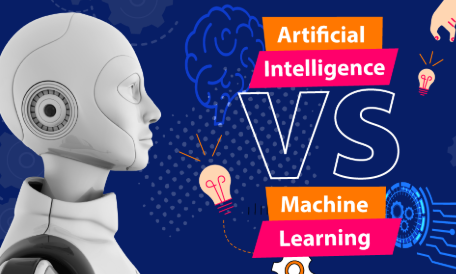What Is Cloud Computing and Why Should You Care?
Cloud computing represents a significant shift in how computing resources are accessed and utilized. By delivering services over the internet, it eliminates the reliance on physical infrastructure. This transition offers various advantages, such as cost efficiency and improved accessibility. However, understanding the nuances of cloud computing is essential for both individuals and organizations. What implications does this technology have for everyday operations and strategic planning? The answer may reshape perspectives on digital engagement.
The Basics of Cloud Computing
While the concept of cloud computing may seem complex, it fundamentally revolves around the delivery of computing services over the internet.
At its core, cloud infrastructure consists of virtualized resources that enable scalable data storage and processing. This architecture allows users to access and manage their data remotely, fostering flexibility and efficiency, while minimizing the need for physical hardware and on-premises solutions.
Read more: Tips for Crafting the Perfect Instagram Bio and Profile
Benefits of Cloud Computing for Individuals and Businesses
Cloud computing offers numerous advantages for both individuals and businesses, significantly transforming how they operate and manage their resources.
Key benefits include cost savings through reduced infrastructure expenditures and enhanced data accessibility via cloud-based platforms.
This paradigm shift allows users to optimize workflows, scale operations seamlessly, and access information from anywhere, fostering a more efficient and flexible approach to resource management.
Common Types of Cloud Services and Solutions
What types of cloud services and solutions are available to meet diverse organizational needs?
Organizations can leverage IaaS solutions for infrastructure management, SaaS applications for accessible software, and PaaS platforms for application development.
Additionally, cloud storage offers scalable data management, while hybrid cloud models provide flexibility by combining private and public clouds, enabling businesses to optimize resources and enhance operational efficiency.
Conclusion
In conclusion, cloud computing represents a pivotal evolution in technological infrastructure, akin to the advent of the printing press in its transformative impact. By enabling scalable, cost-effective access to computing resources, it fosters enhanced collaboration and operational efficiency for users. As businesses and individuals increasingly adopt these solutions, understanding cloud computing’s nuances becomes imperative. Its integration into daily operations not only optimizes workflows but also sets the stage for future innovations in the digital landscape.






